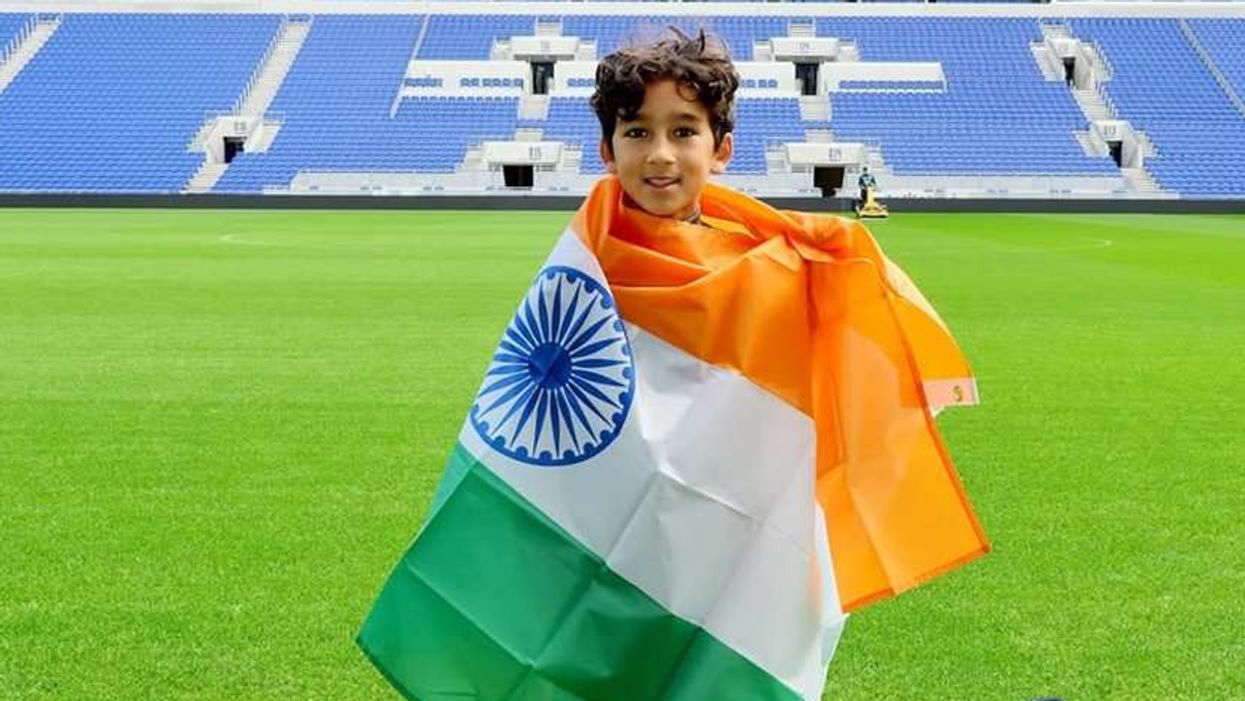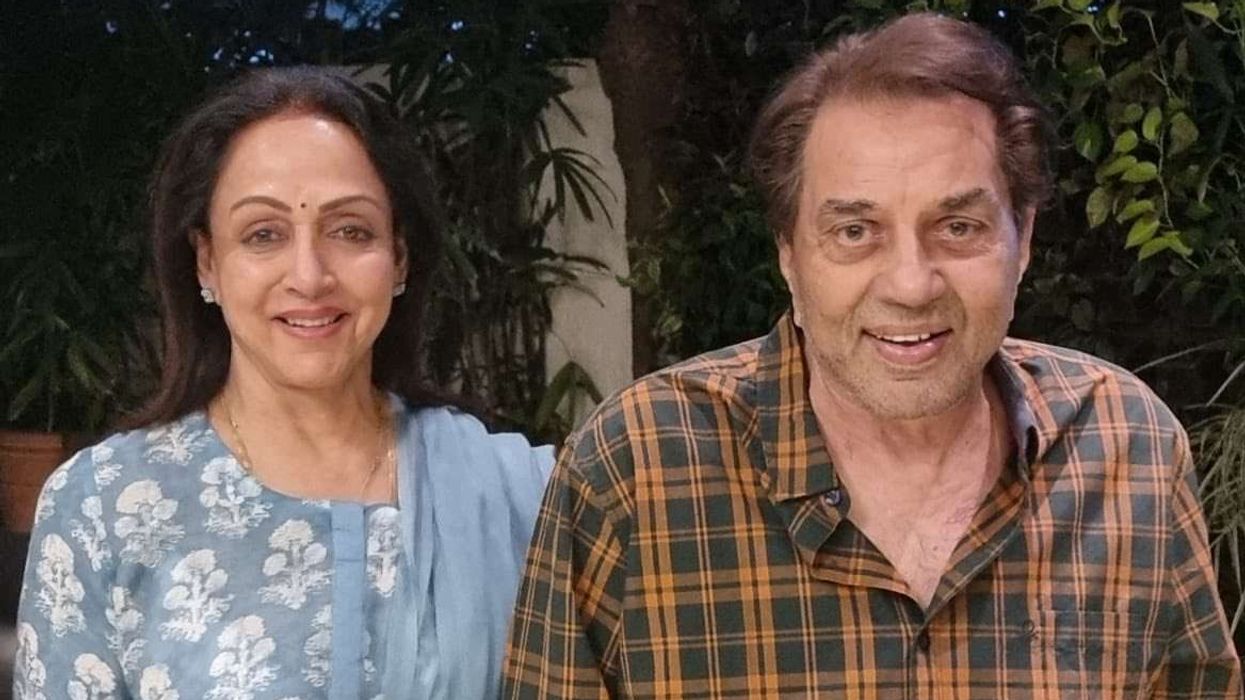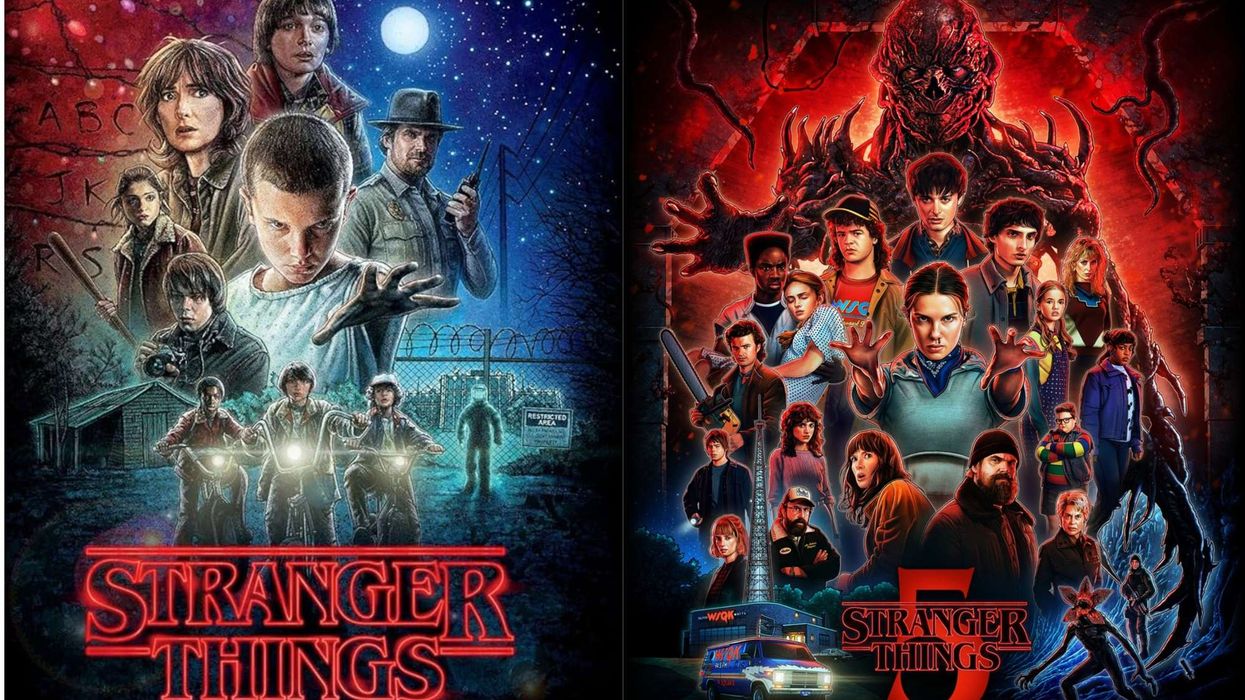Jade Thirlwall set Liverpool’s Sefton Park ablaze during her first solo headline at BBC Radio 1’s Big Weekend. From sly lyric switch-ups to nostalgic nods, Jade used her stage as a breadcrumb trail, and fans are gobbling up every clue pointing to a potential Little Mix reunion. Whether it’s instinct or intention, the signs feel too loud to ignore. Here's every cheeky, emotional, and strategic move Jade made that has the fandom whispering: the girls are coming back.

Instagram/bbcradio1
- “It’s a hiatus!” — Jade rewrites the Wasabi script
- A medley that felt like a time machine
Jade could’ve used the solo stage to focus purely on her own songs. But instead, she turned back the clock and delivered a medley of Touch, Shout Out to My Ex, Sweet Melody, and Woman Like Me. The energy screamed: “These songs still belong to us.” And every fan knew this wasn’t nostalgia. This was a reminder.
- A love note wrapped in a shout-out
Midway through her set, Jade paused to thank the crowd, but it was the part where she looked straight into the camera and said, “I love the Little Mix girls with all my heart… I wouldn’t be here without them,” that really struck a chord. This wasn’t PR politeness or rehearsed humility. It was raw. It was real. It sounded like someone who’s been through the highs, the heartbreaks, and the healing and still holds the band as a cornerstone.
- She’s already left the reunion door wide open
- A textbook solo era… that ends with a plot twist
As the final confetti fell and the crowd chanted her name, something hung in the air. A feeling that this wasn’t a farewell to Little Mix, but a prelude. Jade Thirlwall may be standing on her own, but every move she made that night whispered one thing loud and clear: this story isn’t finished. It’s just waiting for the next beat to drop.
And when it does? Expect fireworks.




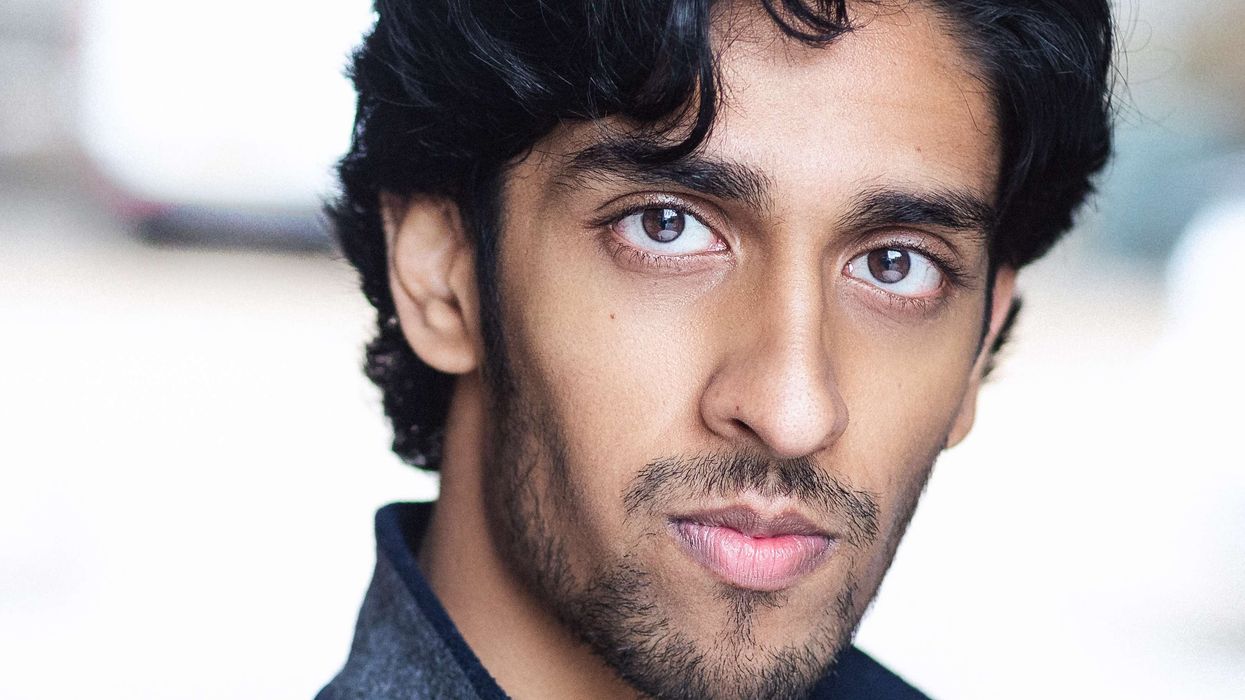

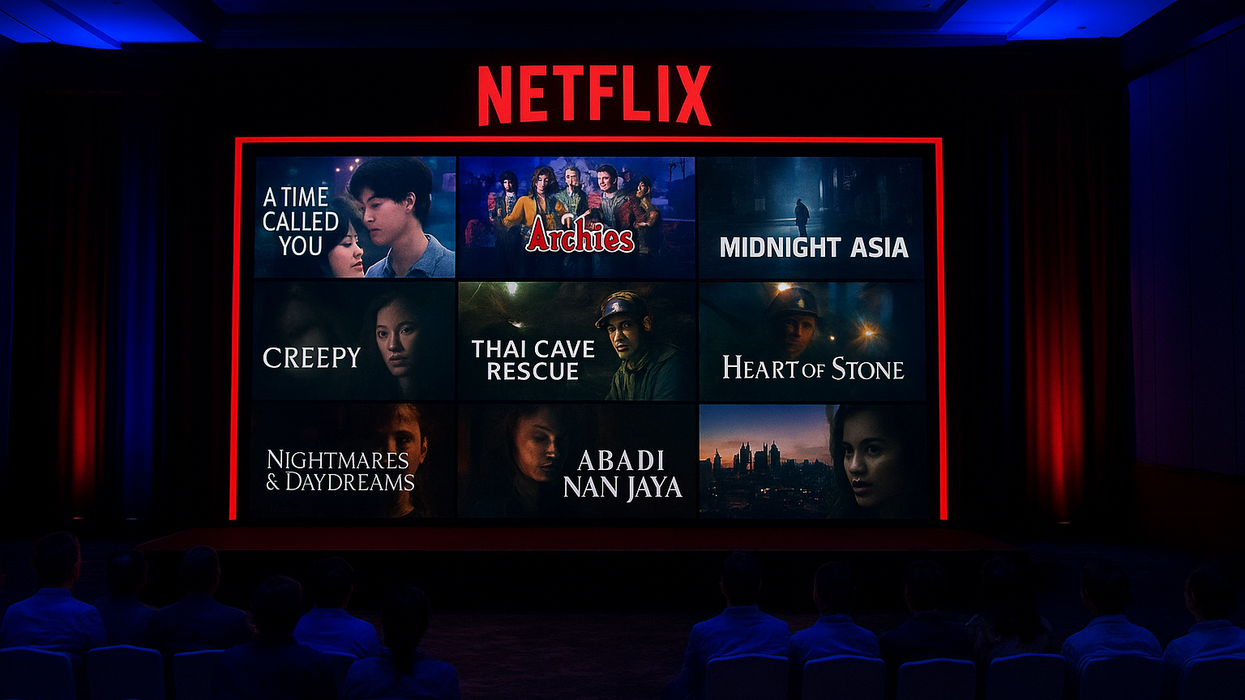
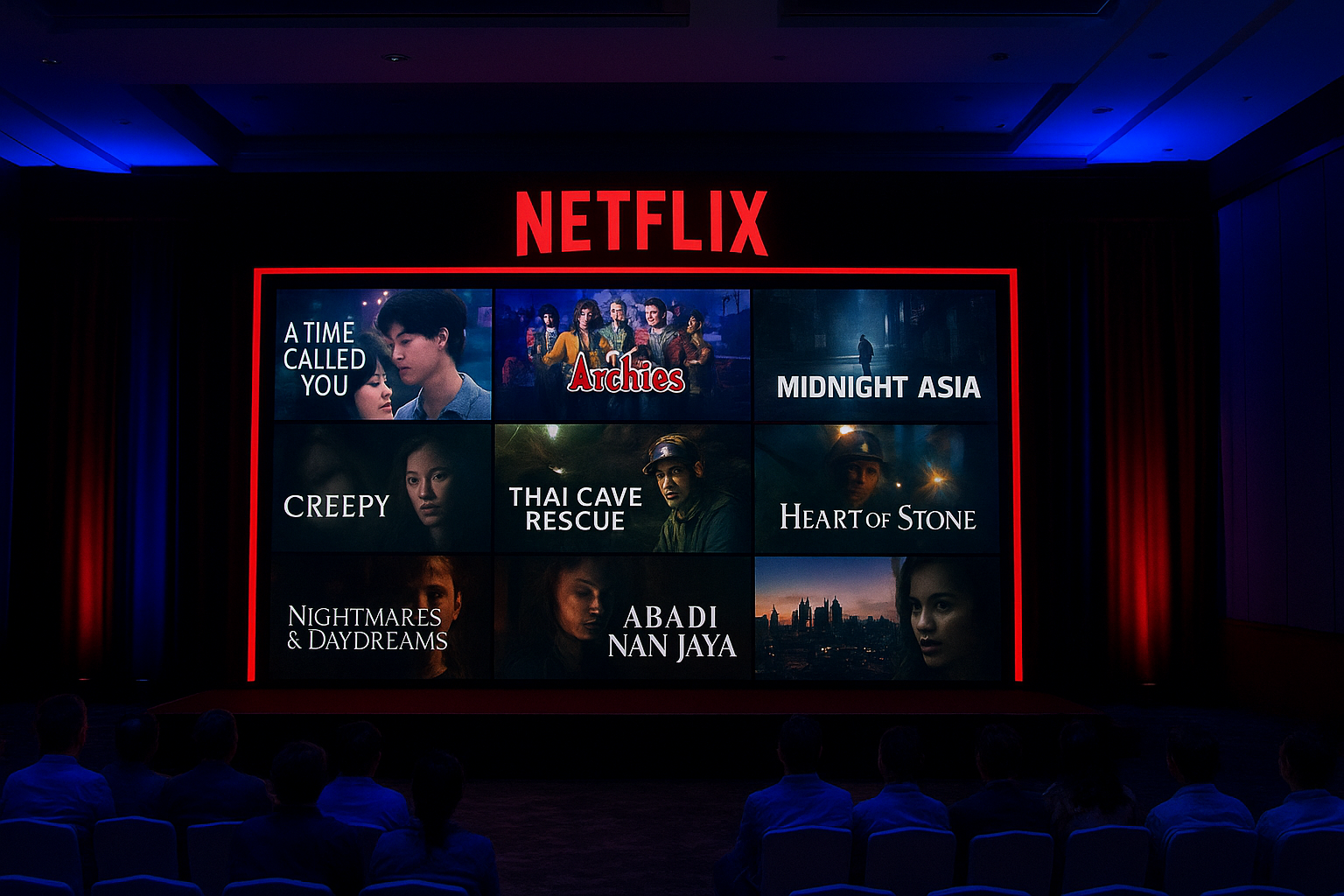 Inside Netflix’s 50% surge: the regional creators and stories driving Southeast Asia’s global rise AI Generated
Inside Netflix’s 50% surge: the regional creators and stories driving Southeast Asia’s global rise AI Generated  NetflixShutterstock
NetflixShutterstock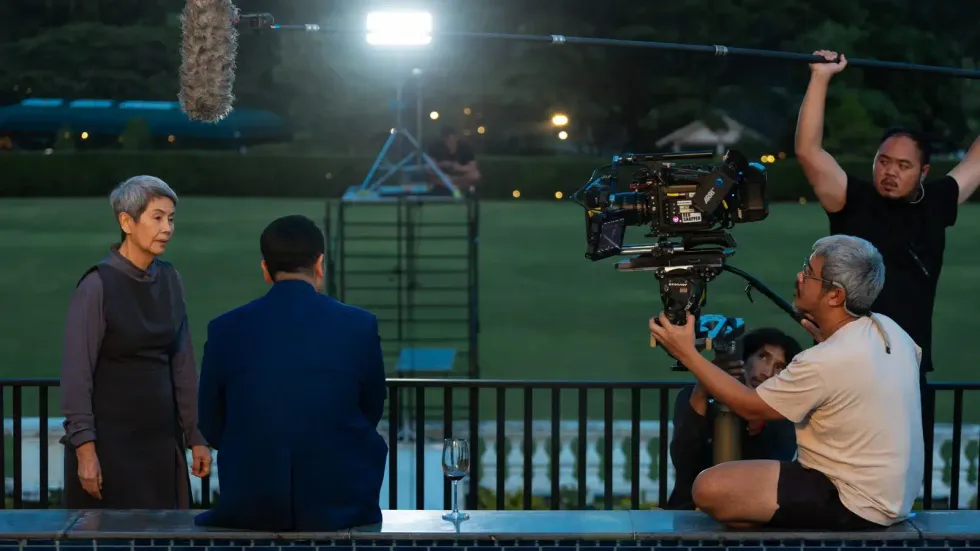 Netflix VOChatgpt/Netflix
Netflix VOChatgpt/Netflix  Streaming optionsiStock
Streaming optionsiStock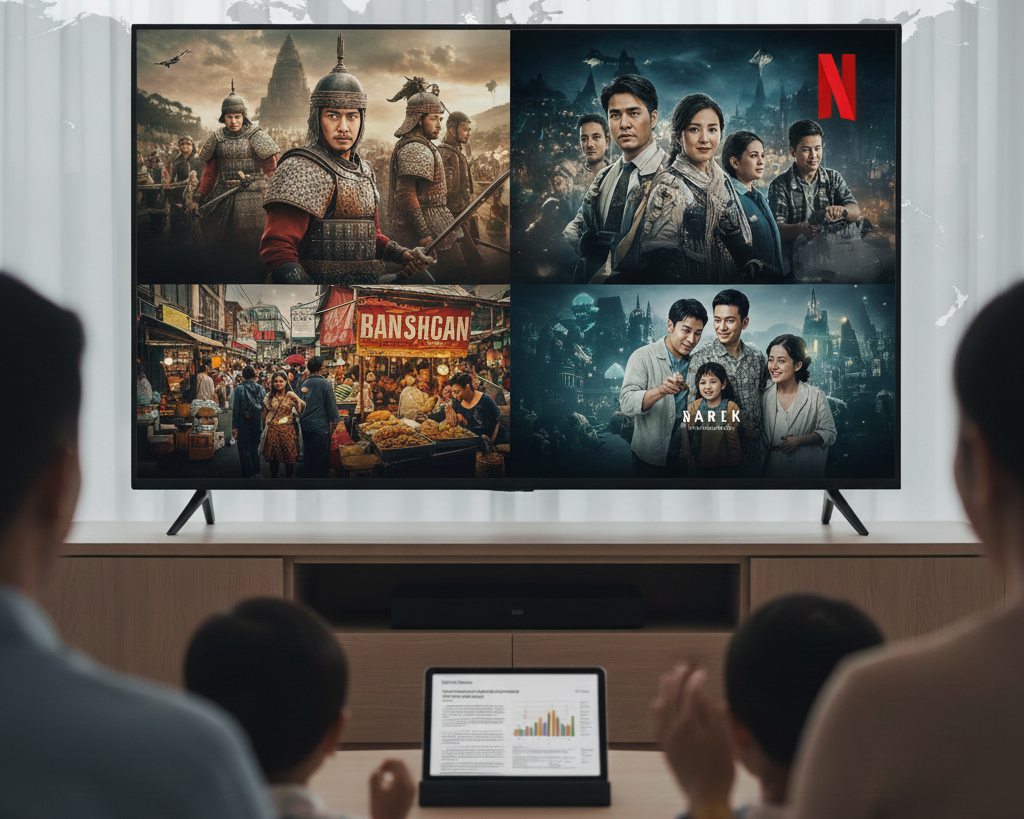 From local roots to worldwide reach: the long arc of Southeast Asian content’s ascent on NetflixiStock
From local roots to worldwide reach: the long arc of Southeast Asian content’s ascent on NetflixiStock